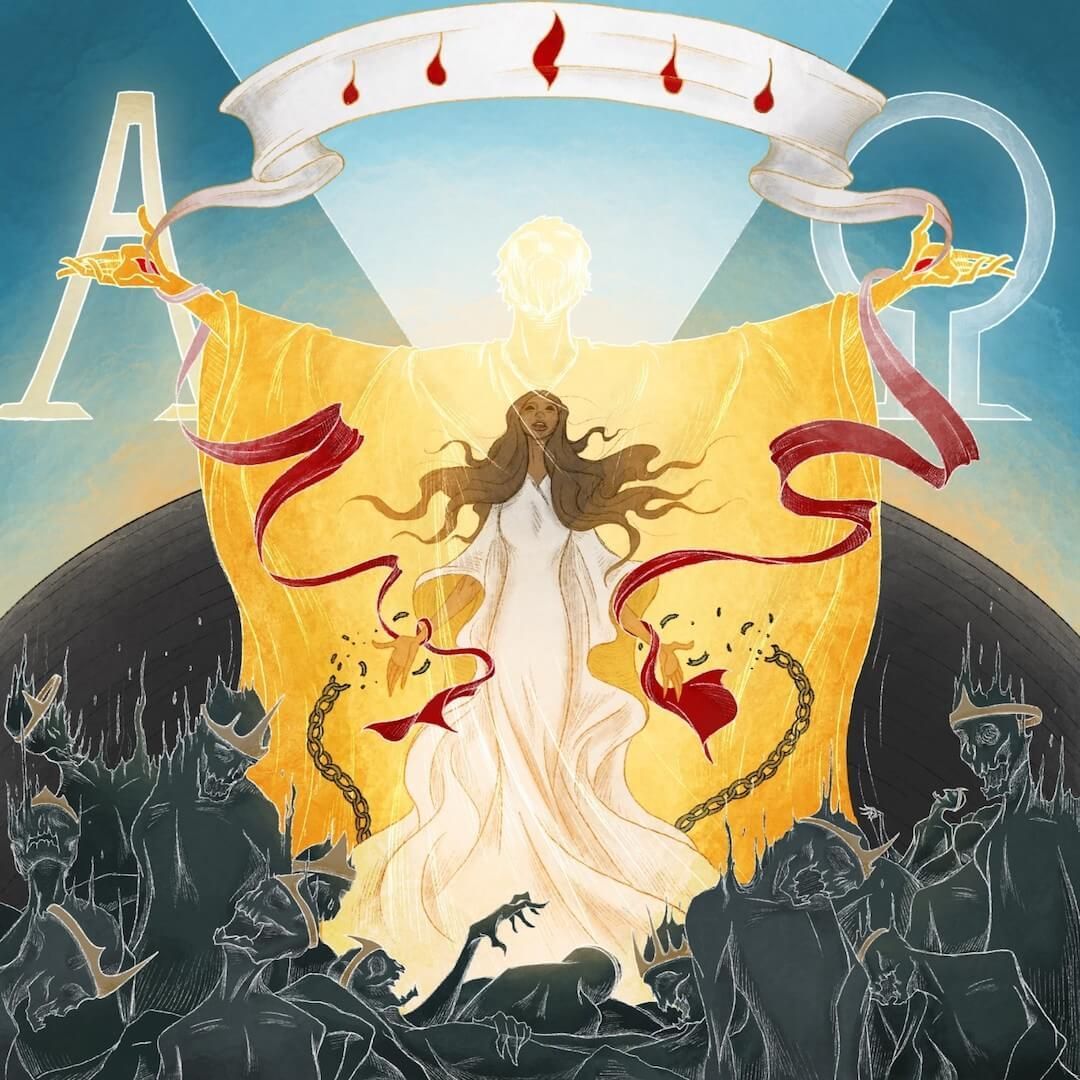
Hebrews 7:25, ‘...He is able to save to the uttermost the ones drawing near to God through Him, since He always lives to intercede on their behalf.’
The author of Hebrews uses two related words here. The word translated ‘to the uttermost’ is παντελής which combines ‘pan’ (for all) and ‘telos’ (as in, goal or perfection or completion). Thus to save ‘to the uttermost’ carries the idea of saving unto the total and finally complete end. Related to this word by common prefix is πάντοτε, which is translated ‘always’. It uses the same ‘pan’ prefix as in ‘to the uttermost’, but combines it with ‘ote’ which means ‘related to time.’ Thus, πάντοτε might mean ‘all time.’ To sum this all up, the author of Hebrews says that Jesus saves those who trust in Him unto ‘all perfection’ because He lives for ‘all time.’
One truth we can take from this is that the indestructible resurrection-life of Jesus Christ is the ground for His invincible preservation of those who belong to Him. His people’s salvation is as sure and as enduring as His own life; as John tells us, because He lives, we also will live (John 14:19). And our salvation is as sure as His life because, as long as He lives, He makes intercession for those who trust in Him. What is this High Priestly intercession? It is, I would suggestion, Himself. His own resurrected flesh, etched with the wounds of His people’s damnation as it has been borne and overcome in obedient love, IS His priestly intercession before the Father. All who draw near to God under this banner—the banner of the anastasiform flesh of the Beloved Son—are saved to the uttermost, to the absolute end, to the fullness of perfection, because the one in whom they are saved and who intercedes as their High Priest—who is Himself the essence and joy of their salvation—has been raised, never to die again.









































































